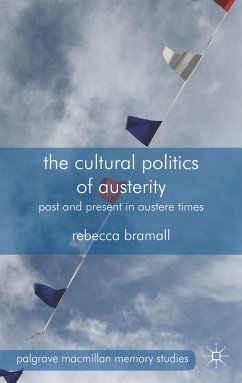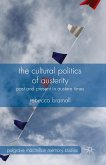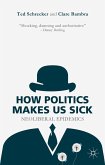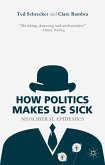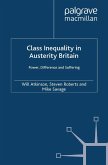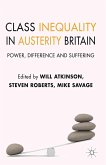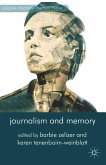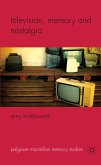This timely book examines austerity's conflicted meanings, from austerity chic and anti-austerity protest to economic and eco-austerity. Bramall's compelling text explores the presence and persuasiveness of the past, developing a new approach to the historical in contemporary cultural politics.
"This book offers a useful map for thinking critically and reflexively about austerity and our investment in it. ... this book will provide a snapshot and a map to help us translate the ways that austerity is made appealing, and how we are made complicit in it. ... Bramall's book offers a valuable toolbox for thinking about how to break and remake the hegemonic common sense of austerity culture." (Tracey Jensen, Journal of Cultural Economy, November, 2015)
'The Cultural Politics of Austerity is a critical and novel contribution to a contemporary debate of crucial importance: how the meaning of 'austerity', as something that is related but different to government spending cuts, is negotiated in everyday life. Although the volume is explicitly framed primarily as a contribution to memory studies, Rebecca Bramall's arguments will clearly be ofinterest beyond that field as well.' - Liam Stanley, Political Studies Review
'Bramall's valuable intervention makes spacefor a much needed political self-confidence in the face of austerity and its aftermath. It advocates re-moulding anti-austerity politics to a more innovative and productive politics that both imagines and labours to build a sustainable and equal society in the context of dwindling resources. As such, it will be of interest to students, scholars and activists seeking to understand and grasp the possibilities for change.' - Anita Biressi, Feminist Review
'The Cultural Politics of Austerity is a critical and novel contribution to a contemporary debate of crucial importance: how the meaning of 'austerity', as something that is related but different to government spending cuts, is negotiated in everyday life. Although the volume is explicitly framed primarily as a contribution to memory studies, Rebecca Bramall's arguments will clearly be ofinterest beyond that field as well.' - Liam Stanley, Political Studies Review
'Bramall's valuable intervention makes spacefor a much needed political self-confidence in the face of austerity and its aftermath. It advocates re-moulding anti-austerity politics to a more innovative and productive politics that both imagines and labours to build a sustainable and equal society in the context of dwindling resources. As such, it will be of interest to students, scholars and activists seeking to understand and grasp the possibilities for change.' - Anita Biressi, Feminist Review

